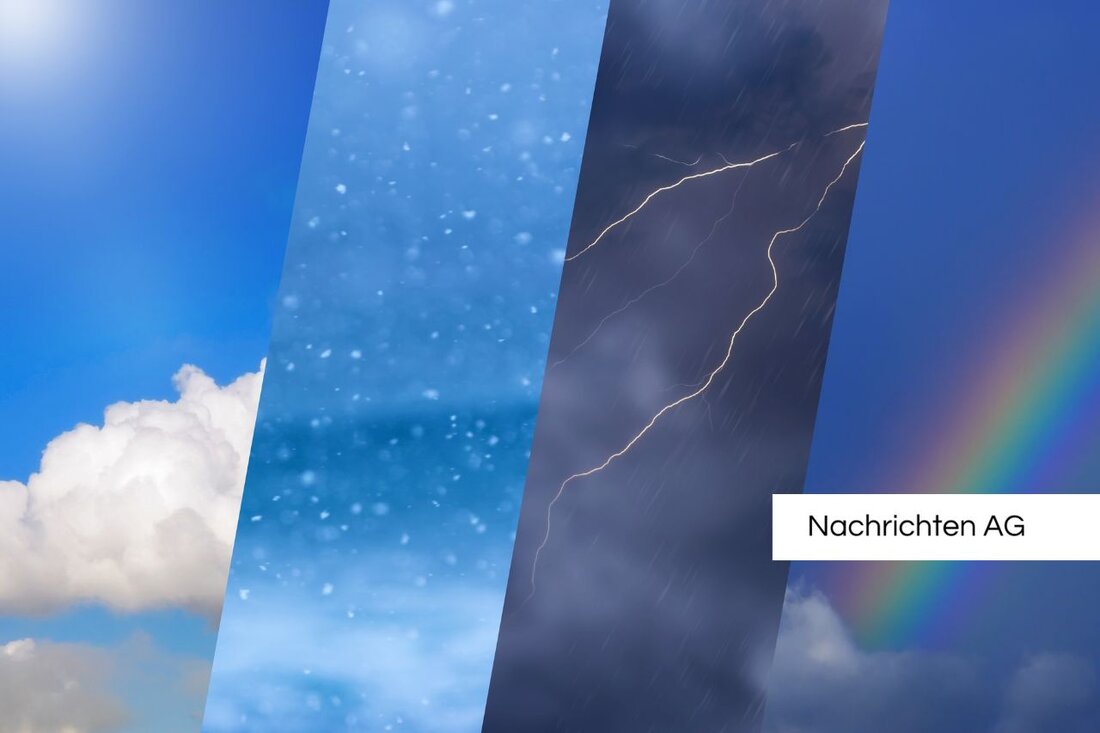Queere History: Milestones of Freedom and Resistance in Vienna
Queere History: Milestones of Freedom and Resistance in Vienna
Although the weather in Vienna has grown a bit today, the queer community shines brighter than ever. On June 11, 2025, the Viennese celebrate: inside the Pride Month and thus set a sign of visibility and equality. A festival that is not only of central importance for the LGBTQ+community, but also for the social awareness of the entire city.
The Pride Month has its roots in an eventful past, which has a formative effect on today's queer identity. The history of the queer movements includes challenges and triumphs that brave activists have initated: inside and allies. These personalities have tirelessly committed to strengthening rights and social acceptance, reports ORF Vienna .
from persecution to visibility
Starting in the 19th century, queer people in Europe were often persecuted. The paragraph 175, which came into force in Germany in 1871, criminalized homosexuality and led to serious repression. This gloomy phase continued during National Socialism when many queer people in concentration camps were cruelly followed. The pink triangle that gays had to wear there is now a strong symbol of resistance and memory, as in Stephano
A turning point in this story was the Stonewall uprising in 1969 in New York, which inspired not only in the USA, but also worldwide activist movements. In Germany, too, people began to fight for their rights and organize CSD demonstrations in the 1970s. These developments led to an increased awareness of the right queer people and laid the foundation for legal progress in the following decades.
A look at the progress
In the 2000s, momentum came into the legal recognition, with the introduction of the registered civil partnership in 2001 and marriage for everyone in 2017. These achievements show the constant efforts of the queer community and its supporters: inside in Germany and beyond. According to bpb , the recognition of sexual and gender has increased in Germany, especially since the 2000s.
Despite these achievements, there are challenges. Discrimination and violence are still omnipresent. Topics such as the reform of the Transsexual Act and the recognition of queer parenthood illustrate that the struggle for equality and acceptance continues. The visibility of queer in culture and media has grown, but further efforts are required to integrate all facets of the queer reality.
In the context of today's celebrations and the continuing challenges, it is important to reflect the history of the queer community. Only by understanding the past can we actively shape the present and future. This day in Pride Month, the Viennese put their unity and strength in the proof and set a sign of a society in which diversity is not only accepted, but celebrated.
| Details | |
|---|---|
| Ort | Margareten, Österreich |
| Quellen | |


Kommentare (0)